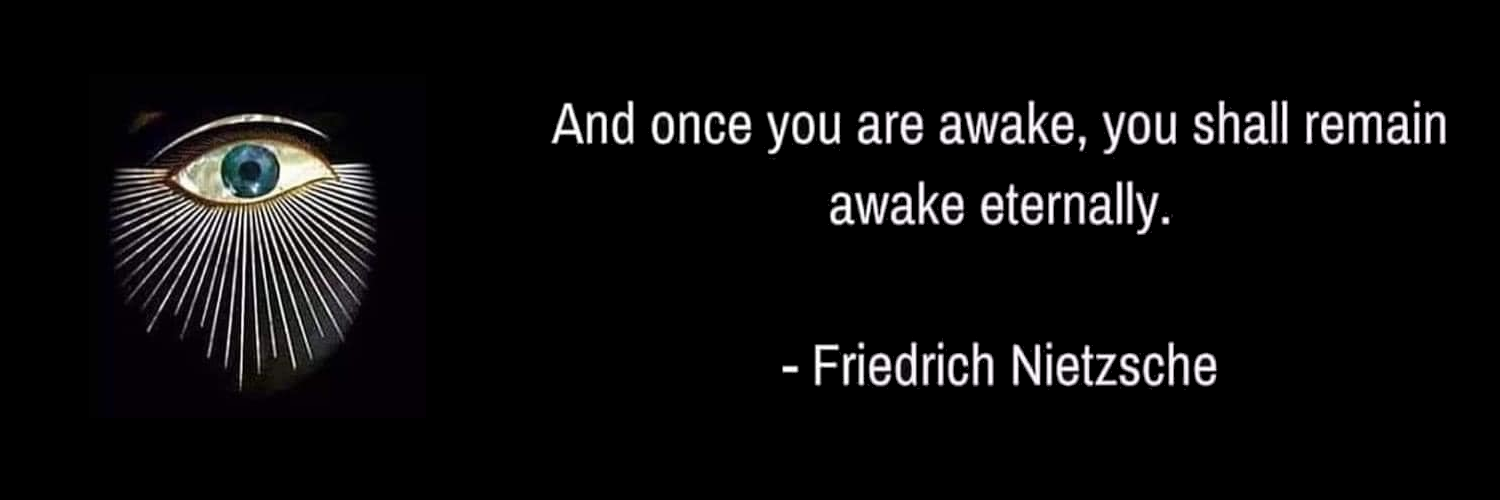The concept of “Hell” from a historical perspective: In the Old Testament, there is no place like “Hell” as a place of eternal torment and punishment.
In the Old Testament, only one place is described (Sheol) where the dead reside; there is never any mention of torment or eternal punishment. Holy men such as Abraham and Moses, or prophets like Isaiah and Elijah: Not a word about a place like “Hell.”
The concept of “Hell” only appears in the Gospels. However, the New Testament was not written by Jesus himself, but rather by people from around 65 CE to about 100 CE. This raises the question of why these individuals introduced the concept of “Hell.” According to my research, early Jewish Christianity was in direct competition with numerous other Jewish teachings and scholars, such as Simon Bar-Gioras, Menahem ben Judah, Theudas, Hillel the Elder, Shammai, Gamaliel the Elder, and religious movements like the Zealots, Pharisees, Therapeutic, Essenes, Sadducees, and Samaritans. Therefore, to attract as many followers as possible for Jesus from the beginning, a pressure tactic needed to be created: If you do not believe in our (new) religious leader, you will go to “Hell.” This erroneous teaching was then further developed by Augustine of Hippo (354–430 CE): Augustine was one of the most influential
Church Fathers who significantly shaped the idea of Hell as a place of eternal punishment. In his work “De Civitate Dei” (The City of God), he argued that Hell is a place of eternal punishment for unbelievers and those who refuse to repent. He described the torments of Hell as unchangeable and eternal, and these teachings had a lasting impact on Christian theology.
Also: John Chrysostom (347–407 CE), another important Church Father, spoke in his sermons and writings about the eternal punishments of Hell. He emphasized the seriousness of the biblical warnings and the necessity of repentance to escape the eternal punishments of Hell.
Don’t get me wrong: I respect Jesus Christ as a holy man who emphasized the message of love. What I reject are the people who have twisted his message.
